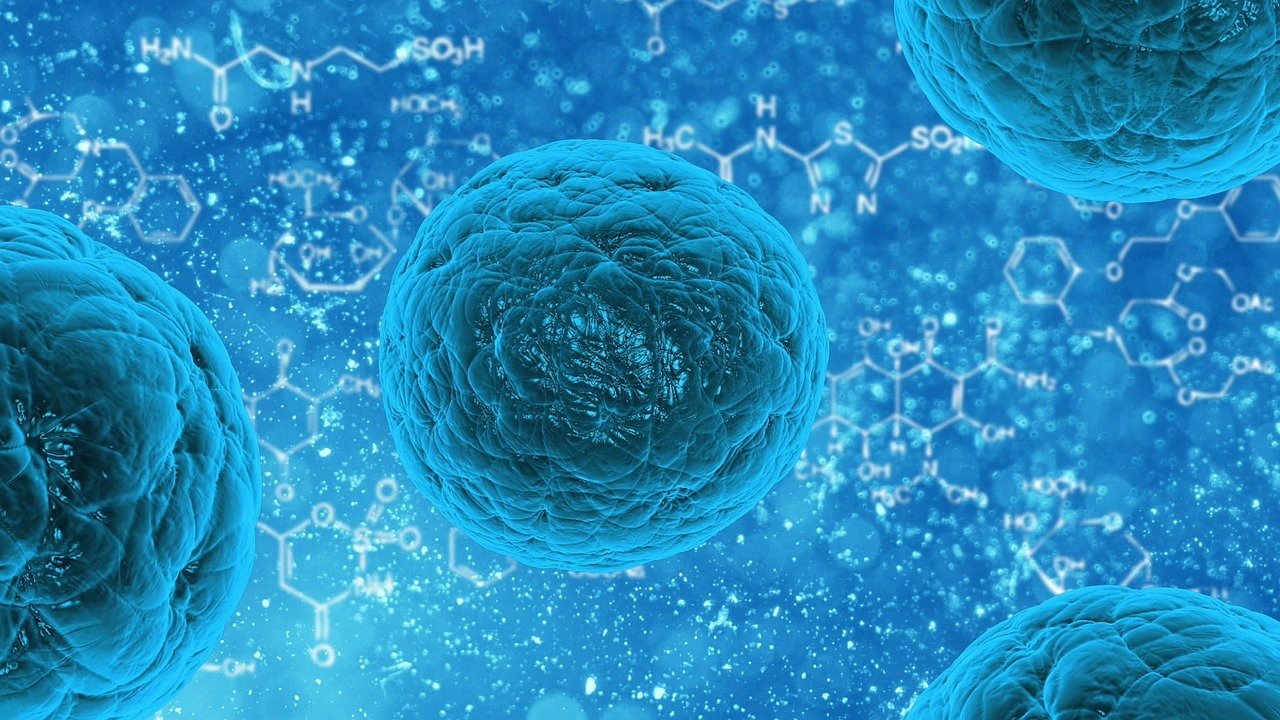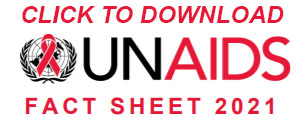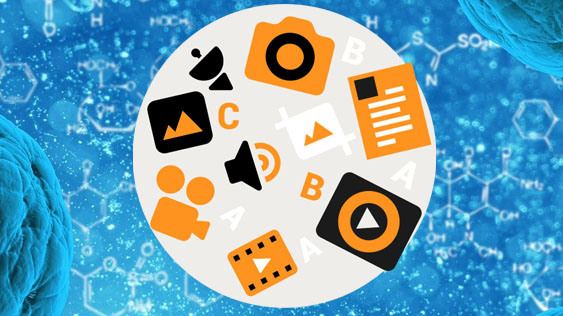This is an online course designed to support Media Science Café conveners in building the capacity of team members – those who attend cafés. Journalist teams in the Media Science Cafés unpack HIV research and development issues in countries where a large number of biomedical prevention trials are taking place.
An impressive number of clinical trials are underway or are soon to be launched in the quest for an HIV vaccine and for other effective ways to prevent HIV infection through biomedical intervention. Telling New Stories in HIV Prevention has been designed to help journalists tell the ‘new’ stories of HIV prevention, and is intended to help professionals work more closely.
The course is structured as follows:
- Media Science Cafés (internal guidance about café and grant management)
- What’s new
- The Science (consists of readings and lesson plans/exercises)
- The Story (theory and reading about journalism best practices and exercises)
- Social Media tips and tools
- Case study: The Echo Trial
- HIV and COVID-19
- Resources
WHO?
This guide is intended to help journalists work with advocates and scientists to simplify the science, without dumbing it down, so that their audiences can understand it and are informed about new ways to prevent HIV. This guide is for:
- Journalists writing about HIV
- Scientists working in HIV biomedical prevention
- Advocates working in HIV prevention
WHY?
HIV prevention needs to be a top item on the global news agenda and most particularly in Sub-Saharan Africa, where it is impossible to imagine a single family unaffected by HIV and where cutting edge research is allowing us to imagine a world without HIV. Much work is needed before this dream can be realised and journalists have a significant role to play to tell the human story, to inform their audiences about the work of scientists and advocates and to unpack these numbers. According to the 2021 UNAIDS fact sheet:
- 37.7 million people globally were living with HIV in 2020
- 1.5 million people became newly infected with HIV in 2020
- 680 000 people died from AIDS-related illnesses in 2020
- 27.5 million people were accessing antiretroviral therapy in 2020
- 79.3 million people have become infected with HIV since the start of the epidemic.
- 36.3 million people have died from AIDS-related illnesses since the start of the epidemic.
HOW?
This course is designed to be taken at your own pace. It is made up of a series of modules, each of which have their own topics. After enrolling for the course, you need to click ‘Continue’ after each topic in order to progress through the course, engaging with the content and resources as fully as possible. There is no time limit, and you can re-visit different modules/topics at any time.
OUTCOMES?
Upon completion of this guide you should feel more comfortable in these areas:
- Knowing science and the processes of science
- Getting to know more about public health
- Knowing the HI virus inside out
- Exploring the latest science
- Doing robust journalism
- Networking and collaborating.


